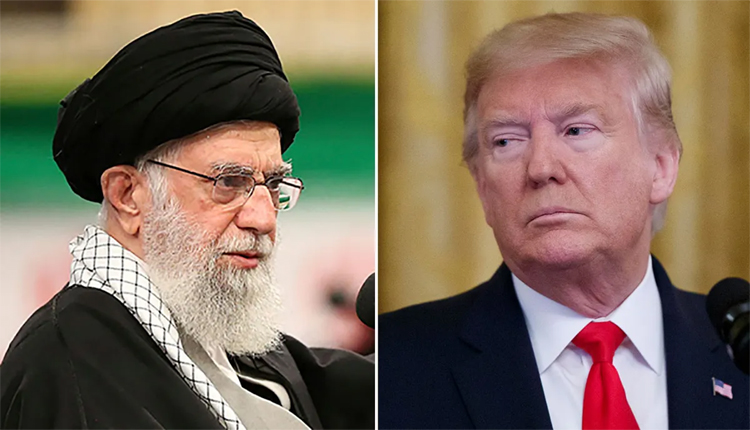New Delhi: Seyed Abbas Araghchi, the Iranian Foreign Minister, harshly criticised the airstrikes by the United States on June 22, 2025, when American forces attacked three of the nuclear facilities in Iran as a serious breach of international law, the UN Charter, and the Nuclear Non-Proliferation Treaty (NPT), adding more tension to an already unstable West Asia.
On Sunday, the U.S. military struck several key Iranian nuclear facilities in the cities of Fordow, Natanz and Isfahan with B-2 stealth bombers in cooperation with Israel after Iran fired missiles at Israeli targets. President Donald Trump, speaking in the White House, said the strikes had destroyed all of Iran’s nuclear enrichment capacity and were a resounding military success. In response, the Atomic Energy Organisation of Iran claimed that the attacks did not cause any radioactive contamination and said that the attacks would not stop Iran on its programme to develop nuclear energy.
The U.S. measures got labelled as outrageous by Araghchi, who posted on X about the causes of the permanent consequences and added that Tehran has a right to self-defence according to the UN Charter. He wrote: Each member of the UN needs to be outraged by this criminal and lawless behaviour, and the world ought to speak up about it. Iranian UN ambassador Amir Saeid Iravani has insisted on an emergency meeting of the UN Security Council over the strikes, describing them as an act of heinous and unlawful use of force and demanding accountability.
The Israeli action killed at least 430 people, including civilians, according to Iran Health, marking an escalation by the U.S. and a grand-slam nine-day Iran-Israel war. Iran retaliated by bombing Israeli infrastructure, including an oil refinery and a hospital in Haifa. Araghchi, who denied the existence of diplomacy between the U.S. and Iran unless Israel stops its attacks, indicated that any involvement by the U.S. would be a very dangerous war in the region.
It is an irresponsible escalation that is dangerous to world stability, said Arash Azizi, a Middle East expert at Boston University, referring to an act taken by the U.S. without the permission of the UN. Certain analysts, nonetheless, claim that the strikes are intended to signal against the nuclear aspirations of Iran, as Trump has claimed that Iran was close to attaining weapons-grade uranium enrichment, a belief that was refuted according to a March 2025 U.S. intelligence report.
With Iran promising a reply that is legitimate and the UN struggling with its demand, the strikes widen the U.S.-Iran gap that took place due to decades of distrust. As diplomatic solutions lie at a distance, West Asia is set to become more volatile, and global powers should have the skills to prevent a disastrous build-up.



Comments are closed.